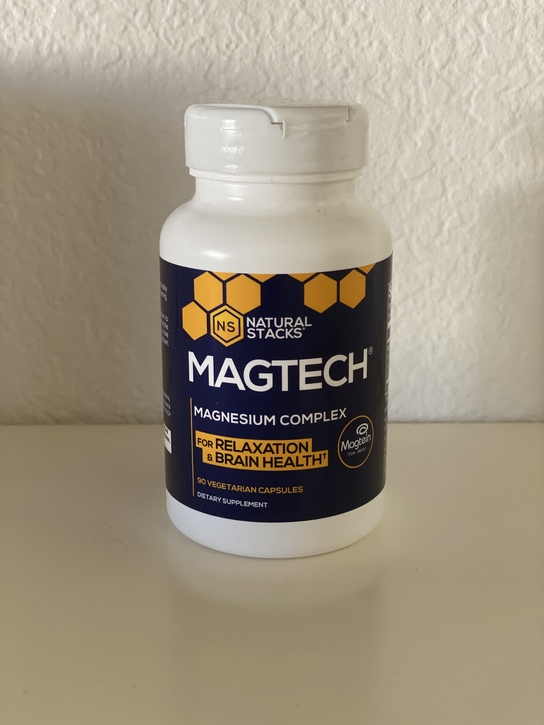Disclaimer: This information is not meant as medical or nutritional advice. Always consult with your physician before taking supplements or adjusting your diet.
Let’s talk about Magnesium. Many of us have heard about Magnesium and aging, but you may not be sure what it is used for exactly.
Have you experienced muscle cramps or foggy brain where you can’t see to think clearly? I have! And I find that especially as I age, in regards to brain fog and thinking clearly, it seems to happen more often.
Magnesium is an essential mineral that we need daily in our diets. playing a role in over 300 enzyme reactions in the human body. It’s important for many functions which include helping with muscle and nerve function, regulating blood pressure, and supporting the immune system, helping your heart stay strong and healthy, and improving your brain health. On average, adults should consume 320-420 mg of Magnesium per day (for women and men, respectively), and the reality is that most adults are only getting half of that in our diet. While we likely one suffer from a true Magnesium deficiency, we will feel so much better in several areas if we hit our recommended Magnesium consumption.
I personally started upping my Magnesium intake after starting to experience muscle cramps during my workouts. I am very active teaching multiple classes most days and I noticed that with more Magnesium, I am able to complete more workouts longer without getting cramps. Our muscles need the proper care especially as we age, so we can stay supple, mobile, and strong, so making sure I get enough magnesium is important.
Of course, the best way to get the vitamins and minerals your body needs is through a healthy diet. According to EatWell, these are great ways to naturally add more Magnesium to your diet:
Pumpkin seed kernels (1 oz.): 168 mg
Dry-roasted almonds (1 oz.): 80 mg
Cooked spinach (½ cup): 78 mg
Dry-roasted cashews (1 oz.): 74 mg
Soymilk (1 cup): 61 mg
Cooked black beans (½ cup): 60 mg
Cooked edamame (½ cup): 50 mg
Dark chocolate, 60-90% cacao (1 oz.): 50 mg
Peanut butter (2 Tbsp.): 49 mg
Whole-wheat bread (2 slices): 46 mg
There are also dietary supplements which you can take to get more Magnesium in, however, you should always discuss any supplements with your doctor before adding them to your diet, especially because many supplements come mixed with other ingredients that may do something completely opposite to what you are intending!
I personally take a Magnesium supplement that heavily supports the blood-brain barrier for memory and cognitive brain function. I have definitely noticed that when I’m out of my magnesium, my brain is more foggy and it’s harder to be clear with my thinking. I also notice my muscles feel tired and tight when I don’t take my Magnesium. Additionally, and hopefully not too much information, but I have always battled with staying regular. Taking magnesium regularly and eating right takes care of the problem.
According to Healthline, here are some specific benefits of magnesium:
-Magnesium may improve bone health
-Magnesium plays an important role in regulating blood sugar and the
metabolism of insulin
-Magnesium helps with heart health
-Magnesium helps to prevent or relieve migraines
-Magnesium may play a role in relieving anxiety and depression
If you want to learn more about signs that you should ask your doctor about including more Magnesium in your diet, you can check out this article on 10 Signs You’re Not Getting Enough Magnesium.
I hope this comes in handy and helps you understand what an important role Magnesium plays in your diet! If you have any questions or comments, I’d love to hear them below!






